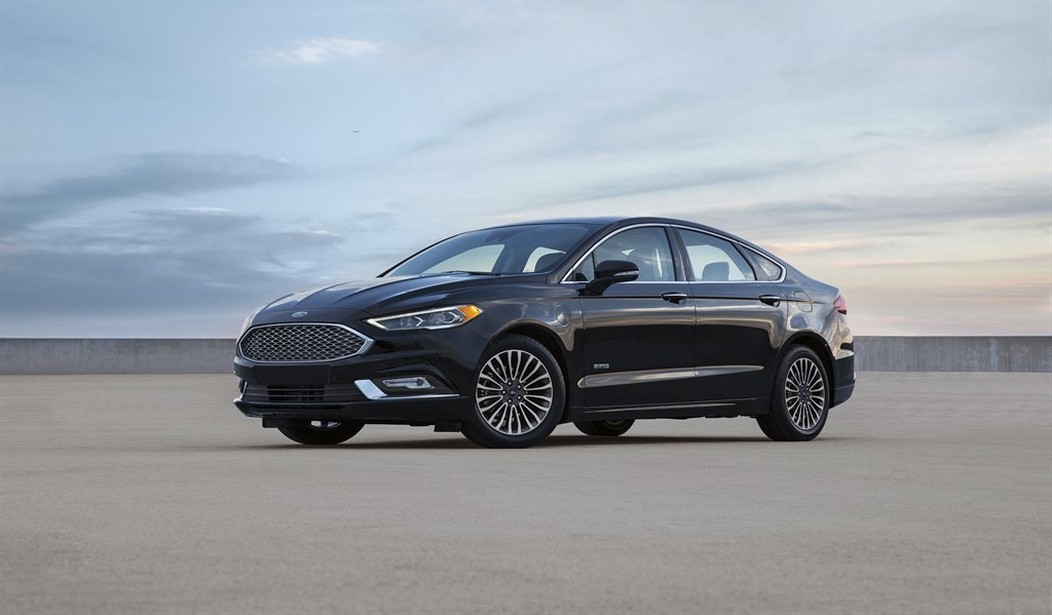There is more bad news for electric vehicle manufacturers.
After declaring its annual results a success, Ford has revealed that it incurred a loss of $4.7 billion on its electric vehicle range, more than the $4.5 billion the company predicted in the middle of last year.
The company's annual summary states:
Ford Model e’s wholesales and revenue were both up at double-digit full-year rates. The startup segment incurred a full-year EBIT loss of $4.7 billion, reflecting an extremely competitive pricing environment, along with strategic investments in the development of clean-sheet, nextgeneration EVs.
Sales volumes of the F-150 Lightning pickup and Mustang Mach-E SUV both were up yearover-year and respectively the top-selling electric pickup and No. 3 most popular EV of any typein the U.S. for 2023.
Despite incurring such losses, Ford CFO John Lawyer insisted that things are moving in the right direction:
The customer insights we’re getting by being an early mover in electric pickups, SUVs and commercial vehicles are invaluable – especially as we’re developing next generation EVs that are going to surprise customers and be profitable within a year of launch. EVs are here to stay, customer adoption is growing.
This apparent optimism was also echoed by the company's president and CEO Jim Farley:
We’re the only company that gives customers such a wide range of choices – gas, hybrid andelectric vehicles – made possible by our Ford+ plan and the talented team that’s carrying it out. Ford is creating a product, software and servicespowerhouse with huge potential for this year and the long haul.
Such failures have become a common occurrence for many electric vehicle companies, despite the Biden administration providing billions in government subsidies and favorable industry regulations. Ford's biggest rival, General Motors (GM), incurred losses of approximately $1.7 billion in its electric vehicle division during the final quarter of 2023 alone.
In October last year, GM revised its production ambitions, abandoning its target to manufacture 400,000 EVs by mid-2024 due to concerns over profitability and market demand.
As previously outlined by Bonchie for RedState, electric vehicles are underperforming for a variety of reasons, but perhaps most importantly they are still working out as more expensive than traditional gas-powered cars. Meanwhile, there is an increasing body of evidence that they are not as environmentally friendly as their proponents would like us all to believe.
Other companies that have not embraced electric vehicles have tended to overperform. Just this week, Toyota reported a very healthy balance sheet, as also reported by RedState earlier on Wednesday:
On Tuesday, Toyota announced that at the end of their fiscal year in March, they expect to see an annual profit of roughly $30 billion, and they are chalking it up to one very wise decision.
Instead of going all in on completely electric vehicles, Toyota went with stressing its hybrid vehicles. Proof that the decision paid off could be seen in Toyota stock prices. Toyota shares rose almost 50 percent in the last year, while many of the electric models produced by other manufacturers sit on dealership lots and sales lag.
All this is not to say that all-electric vehicles are a busted flush. Companies such as Elon Musk's Tesla continue to thrive despite the challenging environment, with some analysts even predicting it could reach an astonishing $1 trillion market cap in 2024.












Join the conversation as a VIP Member